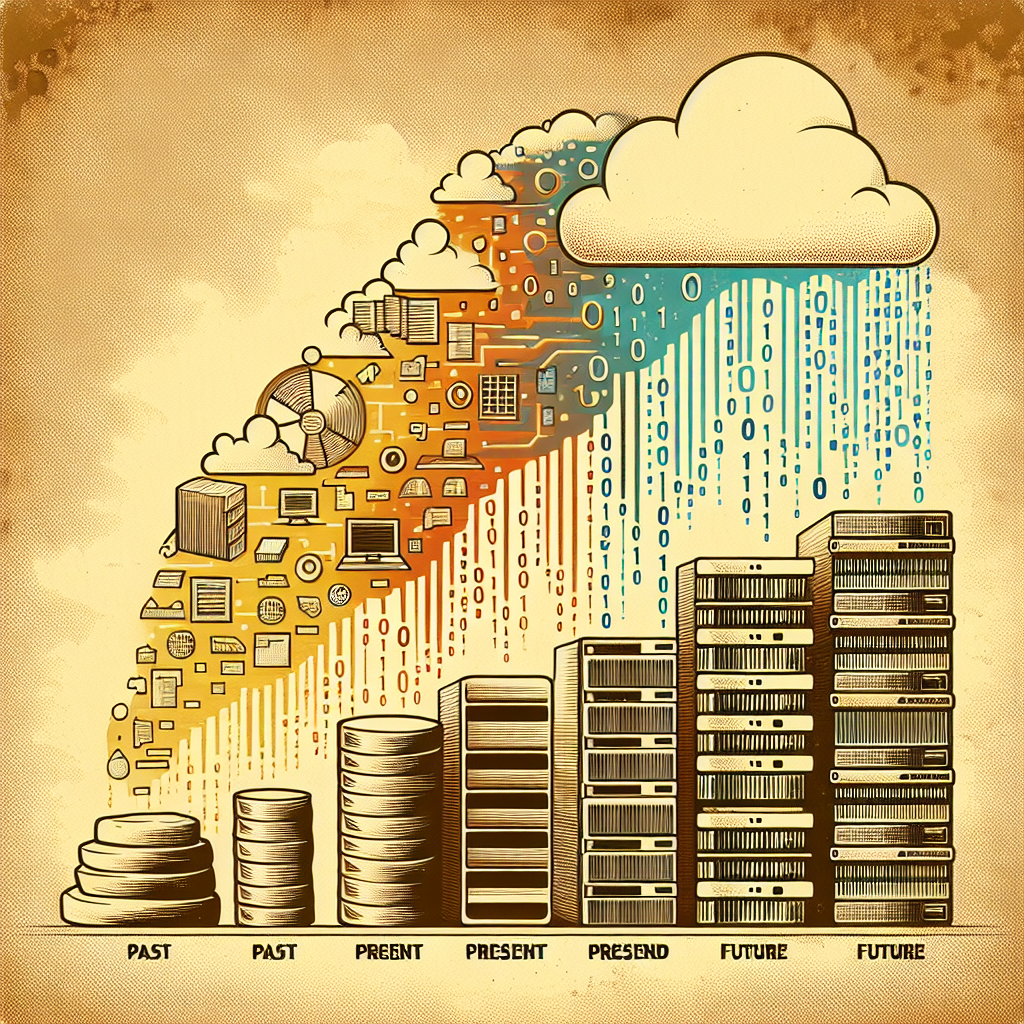The Evolution of Data Center Databases: Past, Present, and Future
Data centers have come a long way since their inception, and so have the databases that power them. From the early days of punch cards and magnetic tape to today’s sophisticated cloud-based solutions, the evolution of data center databases has been nothing short of remarkable.
In the past, data center databases were typically stored on physical media such as punch cards, magnetic tape, or hard drives. These traditional databases were often slow, cumbersome, and prone to failure. However, they were the best option available at the time and played a crucial role in storing and managing critical business data.
As technology advanced, so did data center databases. The introduction of relational databases in the 1970s revolutionized the way data was stored and accessed. These databases allowed for more efficient querying and manipulation of data, making them a popular choice for businesses looking to streamline their operations.
In the present day, data center databases have evolved even further with the rise of cloud computing. Cloud-based databases offer scalable and flexible storage solutions, allowing businesses to easily expand their data storage capabilities as needed. Additionally, cloud databases enable real-time access to data from anywhere in the world, making collaboration and data sharing easier than ever before.
Looking towards the future, data center databases are expected to continue to evolve at a rapid pace. With the advent of technologies such as artificial intelligence and machine learning, databases will become even smarter and more efficient. Predictive analytics will play a key role in helping businesses make data-driven decisions, while blockchain technology will ensure the security and integrity of data stored in databases.
Overall, the evolution of data center databases has been a fascinating journey. From the early days of punch cards to the sophisticated cloud-based solutions of today, databases have played a crucial role in powering businesses and driving innovation. As technology continues to advance, we can expect data center databases to become even more powerful, efficient, and essential in the digital age.


